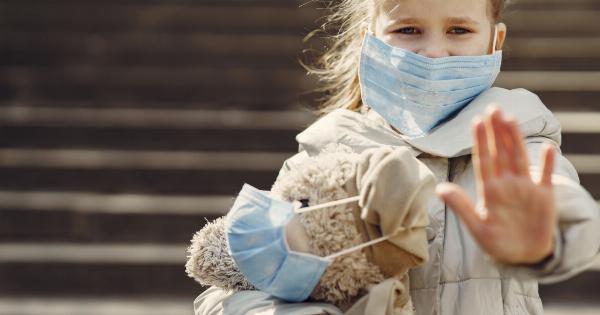It’s that time of year again, the time when cold and flu season is in full swing. The common cold is one of the most widespread illnesses in the world, and it can be caused by a range of different viruses.
While most cases of the common cold are mild and resolve on their own within a week or two, there are some serious risks associated with these viruses that everyone should be aware of.
What Is a Cold?
A cold is a viral infection that primarily affects the upper respiratory tract, including the nose, throat, and sinuses. There are over 200 different viruses that can cause a cold, but the most common is the rhinovirus.
Colds are highly contagious and can be spread through contact with infected individuals or surfaces.
The Risks of Cold Viruses
While most people will recover from a cold without any serious complications, there are some risks associated with these viruses that should not be taken lightly.
Pneumonia
Certain strains of cold viruses can lead to bacterial infections that can result in pneumonia. Pneumonia is a serious condition that can be life-threatening, especially in young children, the elderly, and those with weakened immune systems.
Asthma
Cold viruses can trigger asthma attacks in individuals who suffer from the condition. This can lead to breathing difficulties and can be dangerous if not managed properly.
Sinus Infections
The common cold can lead to sinus infections, which can be painful and lead to more serious complications if left untreated.
Meningitis
In rare cases, certain cold viruses can lead to meningitis, a serious and potentially life-threatening infection of the brain and spinal cord.
Preventing the Spread of Cold Viruses
The best way to prevent the spread of cold viruses is to practice good hygiene habits such as washing your hands frequently, avoiding close contact with sick individuals, and covering your mouth and nose when coughing or sneezing.
Treating Colds
There is no cure for the common cold, but there are measures you can take to alleviate symptoms. These include:.
Rest
Giving your body time to rest is essential in allowing it to fight off the cold virus. Make sure to get plenty of sleep and take it easy until you start to feel better.
Fluids
Drinking plenty of fluids can help keep your body hydrated and can help flush out the virus. Clear fluids such as water, tea, and broth are the best choices.
Medications
Over-the-counter cold medications can help relieve symptoms such as fever, cough, and congestion. Be sure to follow the instructions on the label carefully.
Conclusion
The common cold may seem like a minor inconvenience, but the dangers associated with these viruses cannot be ignored.
By taking steps to prevent the spread of colds and managing symptoms effectively, individuals can reduce their risk of serious complications.




























